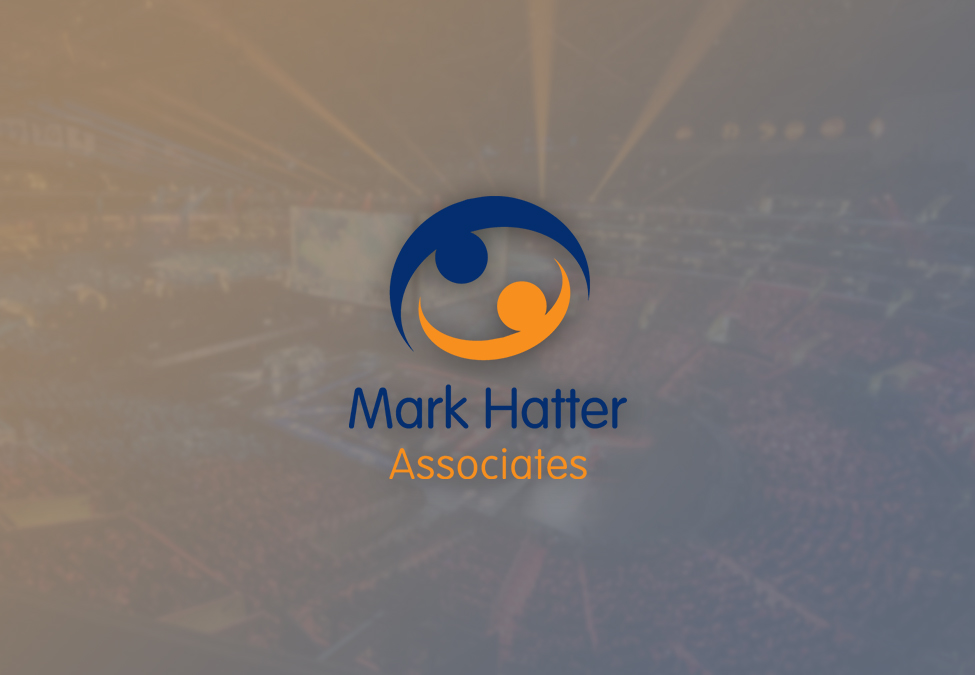Esports Insider sat down and spoke with Mark Hatter, Director of Mark Hatter Associates and CEO of Akolyte, the former of which is a safeguarding firm and the latter an esports coaching platform.
During our chat, Hatter discussed his recently-published white paper and how his companies address the lack of safeguarding policies and child protection in many facets of esports.

Although Hatter doesn’t have a seasoned tenure in esports, he has more than 30 years of experience in child protection and safeguarding. When Tyler Bond, Akoylte’s co-founder, came to Hatter with the prospect of establishing an esports coaching platform, he was surprised to find such little acknowledgement and regulation of child protection and safeguarding in the professional side of esports. More recently, after building a website and signing some coaches up to their platform, he published a white paper titled ‘The Challenge Of Safeguarding in Esports White Paper.’
“When I looked at esports and gaming I found it very worrying because I couldn’t see any sort of acknowledgement of safeguarding or any organisations joined on how to protect young people both online and in the physical community,” Hatter explained. “So, Tyler and I had a further conversation, and said that if we are building a website for young people then we needed to bring coaches in that are completely verified and vetted.
“Once the website was set-up, we went off and got some investment from Phillip Oliver, who is one of the Oliver twins, and the company developed really to the point where I felt it would be useful to write a white paper,” he continued. “I met people at the British Esports Association, the Global Esports Federation and UKIE, as well as the Digital Schoolhouse who we did some work with that culminated in the white paper that is available today.”
“If we didn’t have the COVID-19 situation then we would probably be trying to organise a conference with some of the key players in esports.”
During his short time in esports, Hatter has been astounded by the rapid growth of the industry, and to learn of what benefits esports and gaming can bring to young people. Despite this, he is adamant that safeguarding policies are lacking.
The white paper suggests that a safeguarding board made up of expertise from both esports and safeguarding industries would help, and that such a body could support the implementation of a register of vetted esports coaches. Hatter believes that a safeguarding body could also put in place internal regulation, codes of conduct and oversight, including the inspection of residential team accommodation where children and young people stay. Along with 10 or so other steps, he believes these initiatives would go a long way in improving the current situation.
When we spoke, he discussed the importance of a united effort, and he hopes that the white paper will start a conversation in the industry with stakeholders such as players, competitive organisations, and national or international associations and federations. “If people aren’t organised and if they aren’t talking to each other to come up with strategies to prevent potential harm, children become more vulnerable.”
[primis_video widget=”5183″]
“I’ll make no bones about it, if we didn’t have the COVID-19 situation then we would probably be trying to organise a conference with some of the key players in esports and even those in safeguarding that I know are interested,” he said. “It would be great to bring everyone together and say ‘these are some of the challenges and problems the industry may face, these are some of the things we can potentially do about it.’
“Esports on its own will not sort the problem and it will not come up with a sufficiently robust response without working alongside safeguarding expertise as well,” he continued. “People who want to harm children will look for vulnerability, they will keep away from organisations that have strength and are clear about their policy so my overarching worry – which is why I wrote the whitepaper – is if esports does not start to think about this problem then the industry could very much go the same way as football did in the 70s.”
In an effort to make a positive impact on the industry, Hatter and his team are currently in the process of developing an application that’s geared towards parents and players that may have questions or concerns about child protection – one of his proposed solutions in the white paper.
“We have been very clear that – in an effort to ensure it is completely accessible to any child that needs it – there will be no data collection,” Hatter added. “We don’t want data from young people, we want them to be able to say, ‘I’ve got this app in my pocket, I’ve got a concern so who do I turn to.’ So the cost for that, that is something Akolyte is putting forward.
“I may be naive, but when I look at the financial capacity the global esports industry has available as a whole, I think it should be able to come up with some of its own solutions with regards to making things safer for young people. It may well be that it has to start off with acknowledgements, collaborations or voluntary contributions – I don’t know.”
Whilst Hatter recognises he doesn’t have all the answers, he hopes that raising awareness of the issue through the white paper could start a conversation and discussion.
[maxbutton id=”4″ ]
